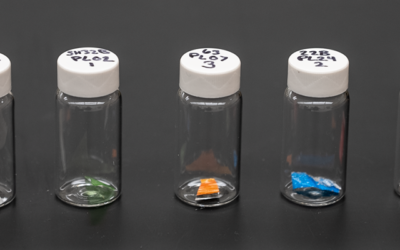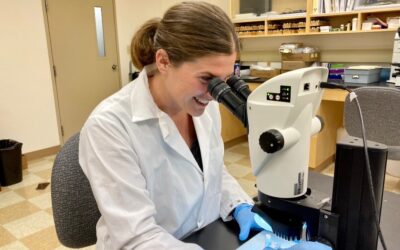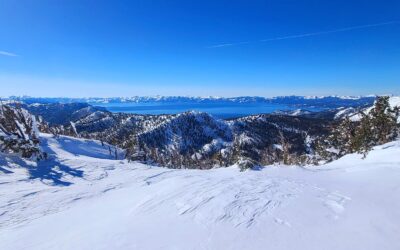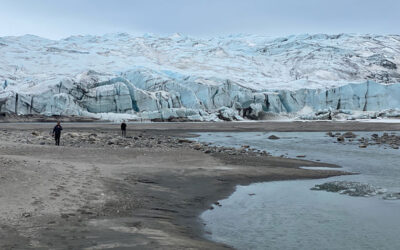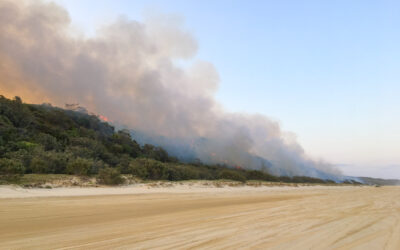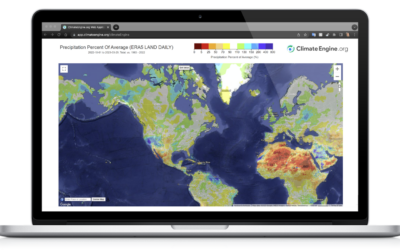Angelique DePauw and Olivia Hines are undergraduate student researchers in the Microplastics and Environmental Chemistry Lab. Together, they are conducting an experiment comparing the decomposition rates of plastic and plastic-alternative straws.
Meet Sayantan (Monty) Majumdar, Ph.D.
Sayantan Majumdar, Ph.D., joined DRI in June 2023 as an assistant research professor of hydrologic sciences and remote sensing. Majumdar, who also goes by the name “Monty,” also specializes in machine learning, geospatial data science, and scientific software development.
STEM Showcase for Educators: Back to School Blowout in Reno
DRI is pleased to announce its “STEM Showcase for Educators: Back to School Blowout.” The event includes training on DRI’s new Green Boxes, which are Next Generation Science Standards and Amplify standards aligned, free classroom supplies, raffle prizes, swag bags, and a resource fair with local businesses and non-profit organizations.
Artown Photography Exhibit & Open House
During Artown we are celebrating the winners of DRI’s annual photography competition and inviting the community to attend this free event for science enthusiasts of all ages. Our scientists and staff travel the globe conducting their research. Along their journeys,...
DRI Announces a Back-to-School Event for Educators
DRI is pleased to announce its “STEM Showcase for Educators: Back to School Blowout” in Las Vegas and Reno. The event includes training on DRI’s new Green Boxes, free classroom supplies, raffle prizes, swag bags, and a resource fair.
NSF Graduate Research Fellowship Awarded to Microplastics Researcher Rachel Kozloski
Rachel Kozloski is a Ph.D. student in Dr. Monica Arienzo’s lab focused on the movement and characteristics of microplastics in ground and surface water.
California Snowlines On Track To Be 1,600 Feet Higher by Century’s End
DRI contributes to research that predicts a major decline in California’s snowpack by the end of the 21st century.
Field Notes From DRI’s Ice Core Team in Greenland: A Story Map
A team of DRI scientists returned to Greenland in May 2023, where they are drilling a 150m long ice core to study interactions between ice chemistry and microbial life.
Scientists Discover Fire Records Embedded Within Sand Dunes
A new study shows that sand dunes can serve as repositories of fire history and aid in expanding scientific understanding of fire regimes around the world.
DRI Aims to Increase Scientific Access to Earth Monitoring Data With Re-Launch of ClimateEngine.org
ClimateEngine.org allows researchers and natural resource managers to easily analyze and visualize complex satellite and climate data, helping users understand change
in Earth’s landscapes over time
